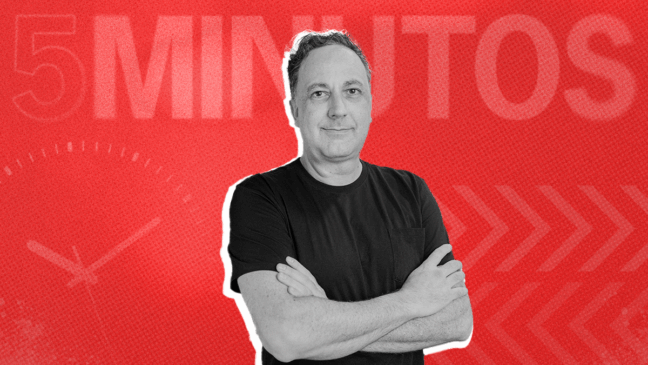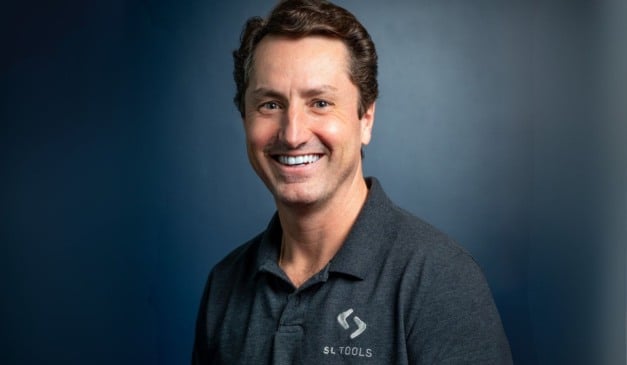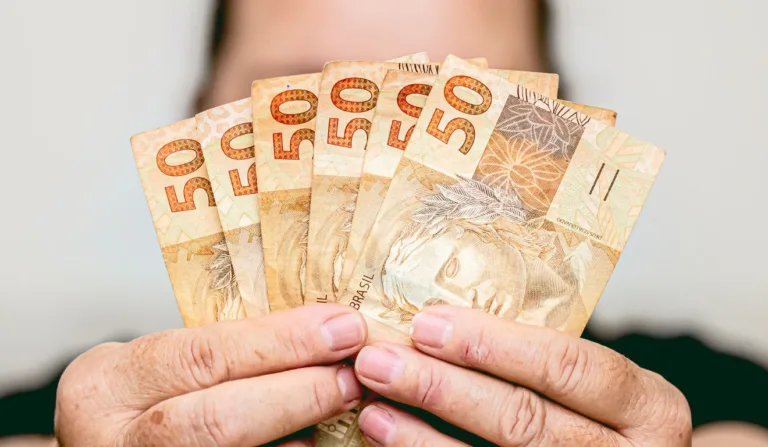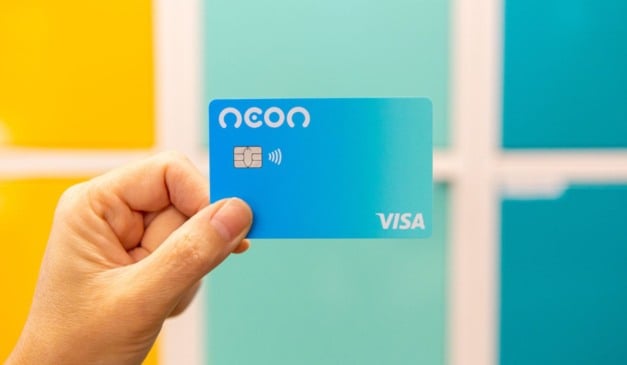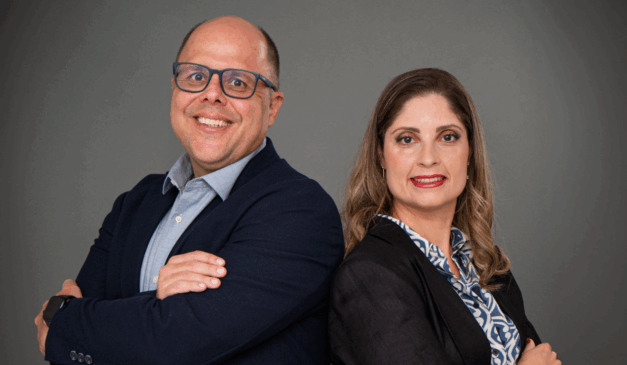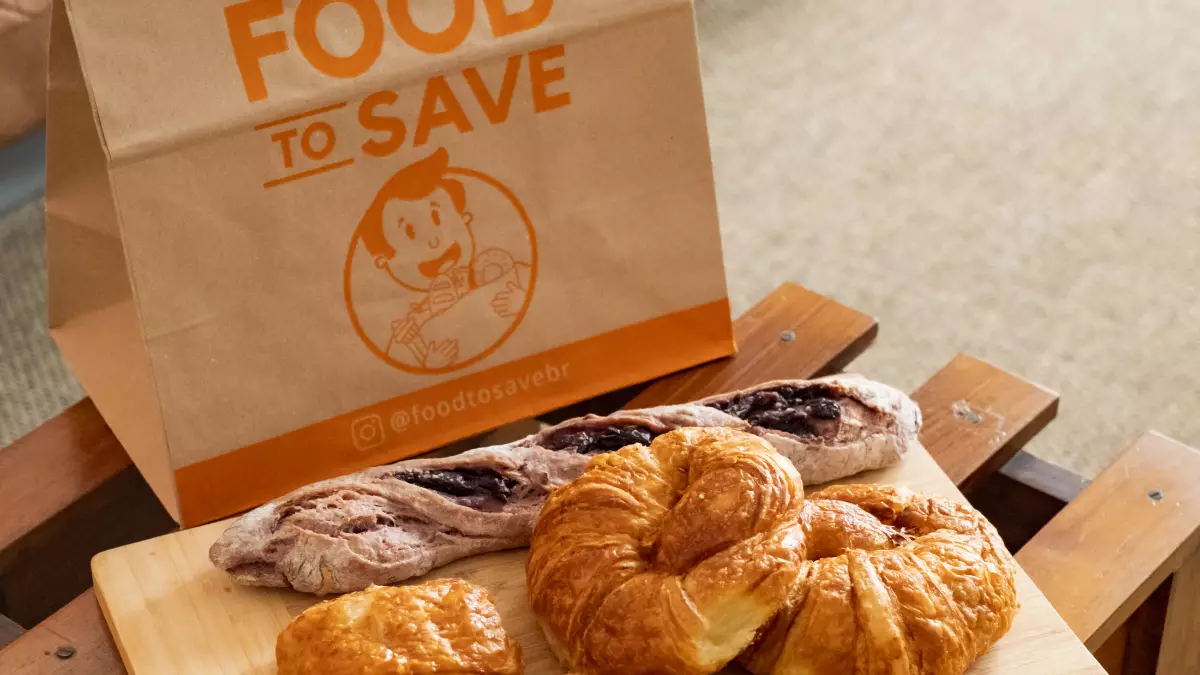
Food delivery gives us several options to satisfy our cravings. But what if there was a surprise element to it? Imagine receiving a bag with safe-to-eat surplus products (without knowing precisely what will be in your box) from restaurants, bakeries, markets and candy shops. Add to it the fact you will be getting up to 70% discount on your purchase.
That’s the idea behind Food To Save, a Brazilian sustainable foodtech created a year ago to tackle food waste. The founders had around $160K worth of bootstrapping and family and friends funding to develop the company and validate the product. It wasn’t an easy ride, though. Over the first three months of the firm’s trajectory, the strategy was to use Instagram and sell products via the app’s direct messages.
After raising a $260K pre-seed round, it is time for the company to improve its technology, with new engagement features, in addition to investing in marketing and commercial strategies. The money was raised in less than 24 hours, thanks to 272 backers who chipped in via CapTable – a platform that enables private individuals to invest in startups.
According to CapTable, the round was concluded in a jiffy because it meets all the criteria sought by the investors: a consolidated and innovative business model and, above all, a clear environmental impact.
Conscious consumption
The practice of selling surplus food – or items nearing the expiry date – at a discount has existed for many years in Brazilian supermarkets, bakeries, and other establishments.
But, according to the co-founder and CEO at Food to Save, Lucas Infante, this is not enough to avoid the daily waste of thousands of food items in Brazil. Around 27 million tons of food that would be fit for consumption are discarded each year in the country, according to a United Nations survey.
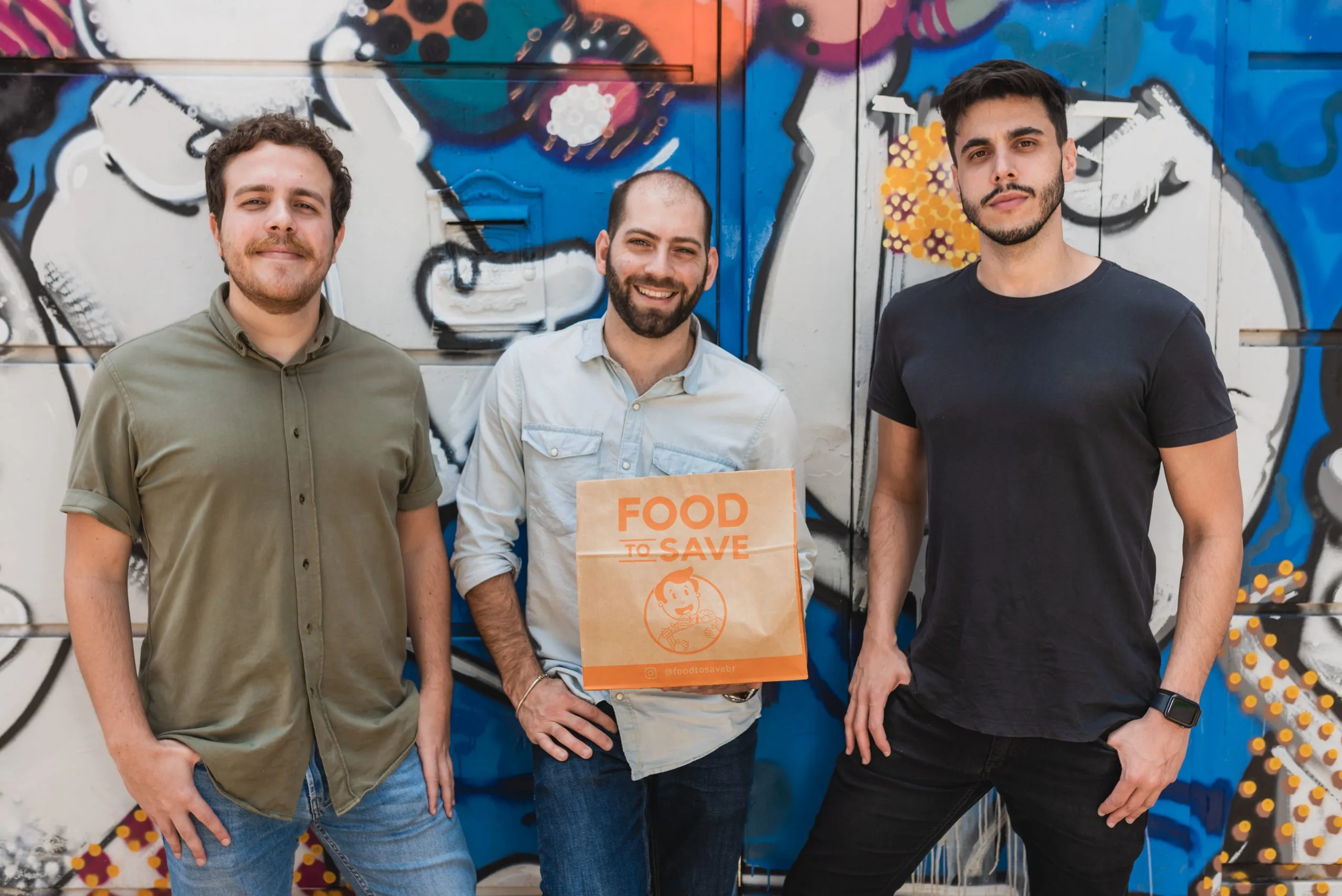
The company’s business is based on the triple-win concept: the establishment, consumer and environment all have to gain from the model. For the restaurants, it’s an opportunity to attract new customers and monetize the business with products that were previously discarded. On the other hand, consumers have access to a variety of food with attractive discounts, while also helping the planet with less incorrectly discarded food and greenhouse gas emissions. With over 80,000 orders, Food To Save has already avoided the emission of 250 tons of CO2.
“We want to draw society’s attention to this very important issue. Our great challenge is to re-educate Brazilians to have more conscious consumption habits and not waste food. Changing the consumer’s mindset to understand that a surplus product is different from the leftovers”, says Infante.
Kinder Surprise for grown-ups
According to the executive, many people call the Food to Save the “Kinder egg for grown-ups”, because of the surprise element of the boxes. A few months ago, I downloaded the app and discovered an interesting bakery, but still didn’t dare to be surprised. Maybe now I’ll take the chance.
In its first year, the company already generated over $360,000 and created over $200,000 in additional revenue for its partners, including Rei do Mate, Dengo Chocolates, Pizza Hut and Duckbill. More than 200,000 people have downloaded the app, which has over 500 establishments in the Brazilian cities of São Paulo, São Bernardo do Campo, Santo André, São Caetano do Sul and Campinas.
Recently, the company arrived in Rio de Janeiro, intending to save 500 tons of food by the end of 2022. Food To Save also plans to expand to other states, including a capital that is yet to be defined – but could be either Belo Horizonte, Brasília or Goiânia.
(translation by Gabriela Del Carmen, editing by Angelica Mari)



